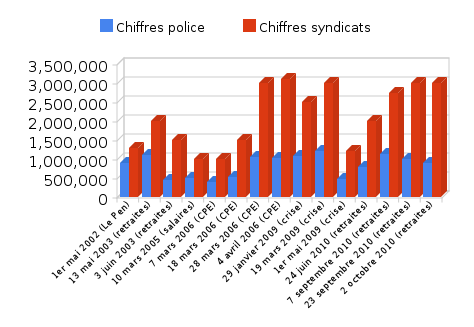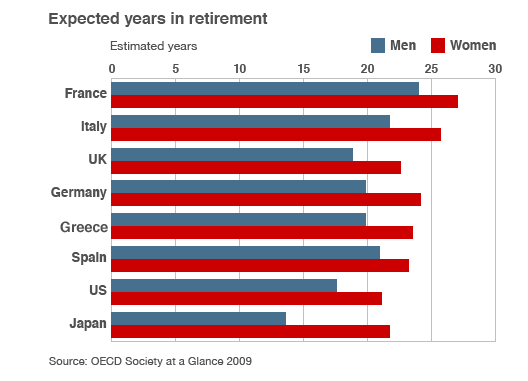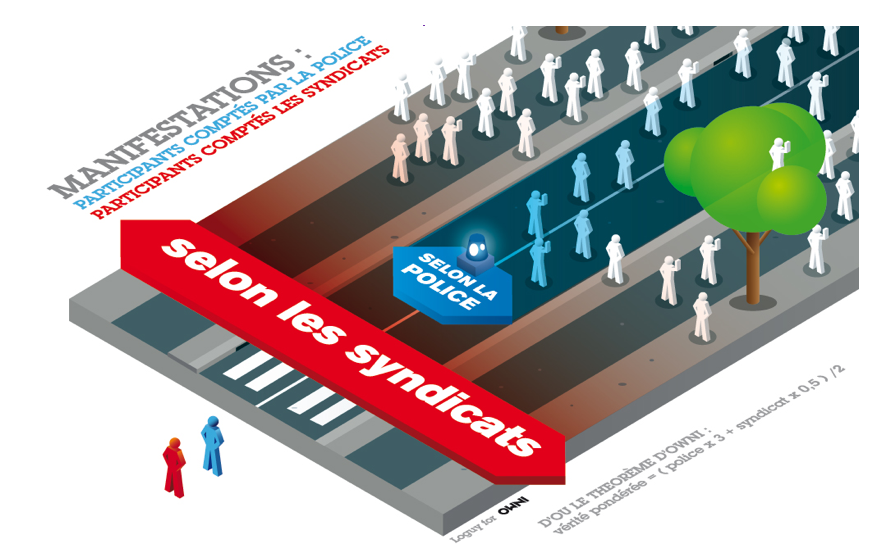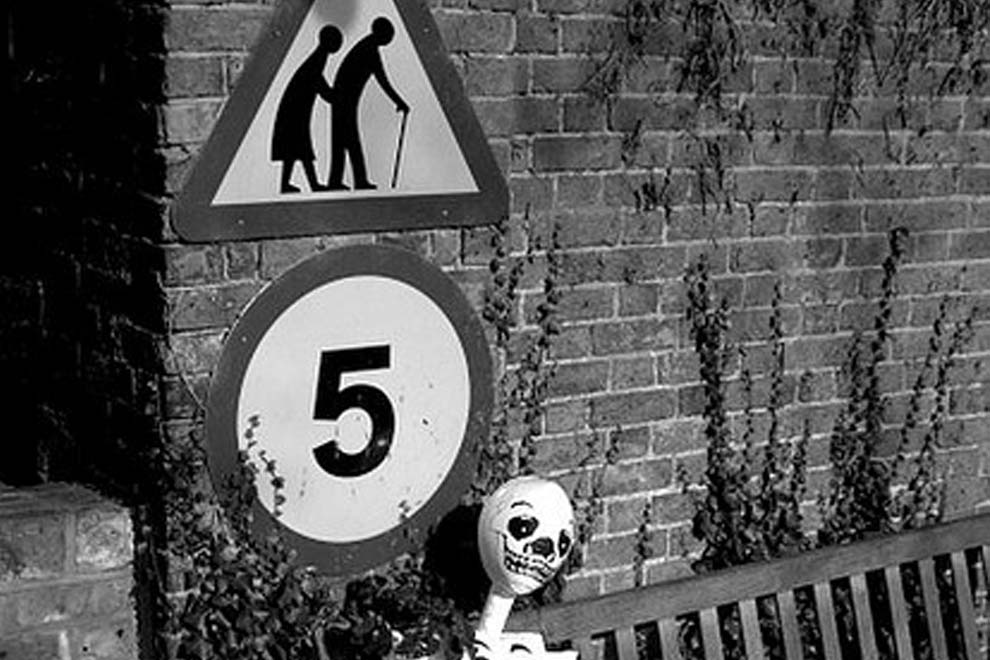Everything you need to know about the strikes in France #12Oct #Blocages
An insight into today's national strike in France with a special focus on 'la guerre de chiffres', a crowdsourced map of the stoppages, and differing media coverage around the world.
The Facts
Various Labour unions have stepped-up calls for a national strike after the French Parliament passed a reform approving the rise of the pension age by two years, from 65 to 67, and the minimum retirement age from 60 to 62.
In the past few days the Senate and the National Assembly approved the pension reform causing transport unions, port, energy and refinery workers – notably dockers in Marseille who have been striking for the past two weeks – to call for stoppages which will likely result in severe fuel shortages. The most pivotal part of the reform passed last night.
Today unions decided to up the stakes by declaring the strike open-ended.
This is the third national strike in the past month.
Today the Government blamed social networks – particularly Facebook, Twitter and MSN – of manipulating information and destabilising the student population. Nearly 300 schools nation-wide have been affected by the strike. Luc Chatel, the education Minister, pointed the finger of blame to “messages on social networks calling on students to block the establishment and protest against pension reform.”
The French Press and ‘la guerre de chiffres’
There is much talk in the media on the fragmentation of the movements leading the strike. Le Monde columnist Philippe Denimal has argued that the past few months have shown a dramatic change in political engagement, with new patterns emerging. On the other hand, the so-called ‘family strike’ on October 2 has shown just how popular the movement has become. And indeed all papers have reported a polls by IFOP showing 71% of the french population is backing the strike. The figures are unanimously described as “exceptionally high”.
The comparison is often made with the strike of 1995 which managed to bring the Juppé administration down. Back then, Prime Minister Alain Juppe declared that once 3 million people took to the street, he would resign. And sure enough, he did.
It is perhaps due to this precedent, that when it comes to reporting on strikes, the French police are particularly ideosincratic and numerous publications lament the staggering discrepancies in the counting of protesters between the unions and the police force. Slate.fr has focused its attention on this tradition along with graphs showing the ‘guerre de chiffres’, the numbers war:

(Police figures are displayed in blue, the union ones are red)
In an interview with Le Figaro, historian Danielle Tartakowsky has stated that “the number of protesters has become a red herring in terms of the political value of the event. The goal of such movements is to show strength without having to use it“.
So far the most incensing editorial was authored by Eric Le Boucher who has taken a firm stance against the protest. His explanation for the copious cycles of protest in the past year resides in the national psyche. “Each French person is schizophrenic: he knows that’s the end of an era, but we need to change, without really believing, he hastens to reassure himself with the “saviors” opportunistic praise him there “Another solution,” which designate scapegoats immigrants, Roma, or rich, depending“.
The International Press
The international press is adamant in pointing out that France’s retirement age is the lowest in Europe.
SKY blogger Alex Rossi makes this point: “All across Europe workers are being asked to make concessions and working until you are 62, would be for most Europeans, not a bad deal.”
This OECD graph appeared on a BBC article:

The Economist has dubbed the strike an incident of ‘generational warfare’ . “No-one has taught them about their economic interest”, adds, somewhat condescendingly, in-house blogger Buttonwoods.
But the merit of this piece is that it highlights a different perspective: “the young generation is going to bear a heavy burden taking care of the old. The baby boomers have pushed up house prices so their children can’t afford them, promised themselves generous benefits, and left states that are too debt-burdened to pay those benefits. One thing is for sure, the current generation of children won’t able to retire at 62, let alone 60″.
BBC correspondent in Paris, Christian Fraser asks: “a large majority of people in France are in favour of the strike action. [...] But [...] can they maintain momentum?
They also highlight how “Unions and opposition politicians say the plan puts an unfair burden on workers, particularly women, part-timers and the former unemployed who may struggle to hit the 41.5 year requirement.”
According to the EU Observer, the issues at stake are part of a greater European debate, sparked by the consequences of the financial crisis and “hot on the heels of a new piece of research by insurer Aviva Europe which says European workers need to save €1,900 billion more each year if they hope to retire with pensions that will maintain their current standard of living”.
There was also an interesting contribution from Fox News correspondent Greg Burke, who remarked how “Sometimes I wish I were French. Not very often, I must admit. But every once in a while, when I take a look at some of the social benefits my French friends have, I want a French passport. Today the French left is striking across the country because of government plans to cut pensions. This is the fourth strike about pensions in just over four weeks. They seem to like striking”.
Owni
Owni has gathered five interviews with researchers, politicians, activists and others (in french) reflecting on the impact of welfare cuts in Europe and the widespread trend in short-term politics.
Owni also offers an explanation of its own on why the number of participants to a strike is so remarkably different depending on the source.

Police tend to only count protesters on the main street, without taking its affluents in consideration.
We’re currently measuring the magnitude of the strike via a crowd-sourced map:
Find all our file about the pension reform.


Laisser un commentaire